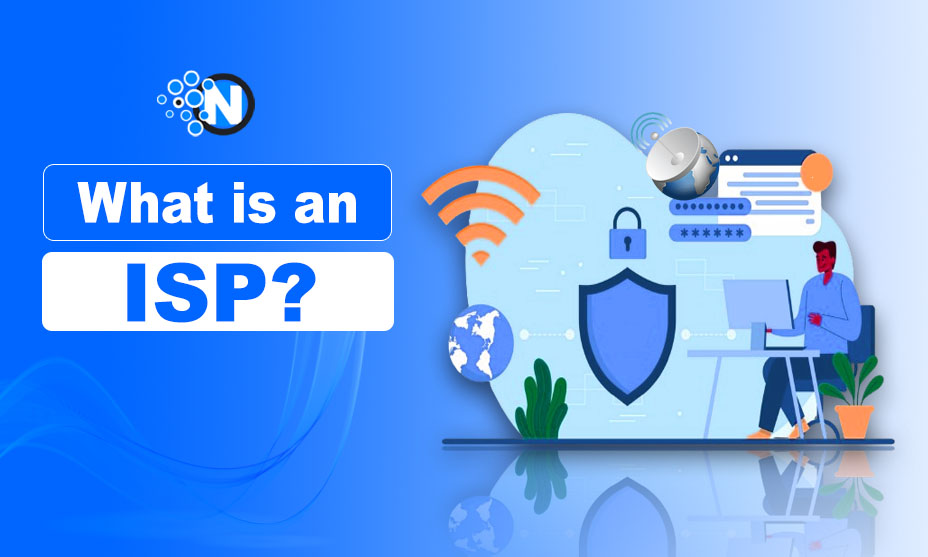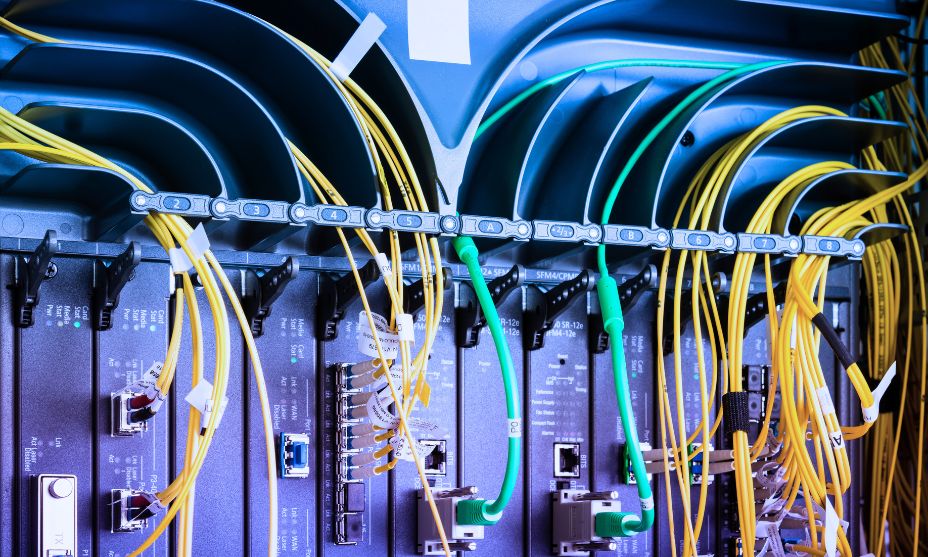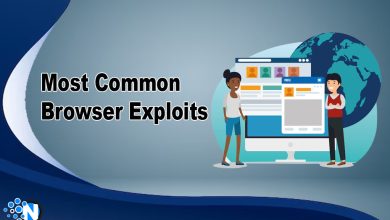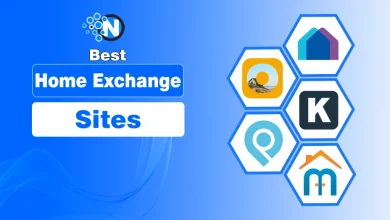What is an Internet Service Provider (ISP)

The Internet has become an important utility of the modern age. There is no alternative to the Internet when it comes to entertainment, convenience, and productivity for consumers. Our world is now a complex interconnected mesh where everything works in an organized manner, due to the internet.
From our home appliances to our gaming consoles, smart TVs, and home automation devices to security systems, a solid internet is the base of everything. For all the major stakeholders and Internet service providers, the Internet is accessible more than ever.
What are Internet Service Providers?
As the name suggests, internet service provider make sure that consumers have a working internet connection. It is a company that offers internet services to residential and business customers.
There are countless internet service providers or ISPs working in the United States. Some of them differ in how they get the internet to the end-user.
How Does an ISP Get the Internet?
This is a complex phenomenon and to understand it better, we have to start from the very basics. If you have a computer or laptop at your home, you connect it to the internet through a LAN or Wi-Fi. Your computer is a tiny entity in this cosmos of networks. You get your internet through an internet service provider.
At your work, you might be getting internet through a local area network or LAN. Even in that case, the internet is given by an internet service provider. When you connect to the ISP, you become a part of their huge network. Similarly, the ISP itself is connected to a large network. In simple terms, the internet is merely a network of never-ending networks woven in intricate patterns.
On larger scales, communication companies have dedicated backbones that connect various regions. In each of these regions, they have a Point of Presence (POP). This POP is for all the local users to access that company’s network through a dedicated line.
Read Also: What is Near Field Communication – Its Features and Applications
Types of Internet Service Providers
There are different ways ISPs are operating in the United States to deliver different types of internet to different locations.

Cable
Cable Internet uses a complex network of coaxial cables. These coaxial cables are the same lines that deliver cable TV. Cable internet is one of the major sources of internet throughout the years with many providers operating in the industry.
Cable internet is accessible to more than 41 states. The internet speeds delivered by cable are extremely high and therefore, a common choice for many users. The cable internet is not influenced by weather conditions.
Satellite
Satellite internet is another common source occupied by ISPs. This is ideal for geographically remote areas where cable lines cannot reach.
However, satellite internet is doing well in the urban landscapes. There are countless providers with high-speed internet. The only drawback is that it is not recommended for gaming and weather can influence the internet.
Fiber
Fiber internet is an advanced technology that uses fiber optics instead of traditional cables for the internet. These optics are made of glass and are capable of carrying more data and bandwidth. Therefore, the speeds given by the fiber internet are the highest.
It is more reliable and the only problem is that fiber internet requires a massive infrastructure cost. Therefore, it is not widely available.
DSL
DSL stands for Digital Subscriber Line and another common method of delivering the internet to the users. The internet uses phone wires to transmit the internet.
The speeds are fast and fairly consistent. However, it is a bit outdated technology and people prefer cable and fiber internet more. However, it is relatively cheaper than other forms of the internet.
Cellular Internet
Cellular Internet is another common Internet Service Provider in the United States. It will take over all the outdated means of internet networking with the introduction latest technologies. The newest data networks are rolling out soon and are expected to be 20 times faster than the existing 5G technology.
The Final Verdict
It is impossible to deny that the Internet has become one of the primary necessities of the contemporary world, along with the power supply, entertainment, and opportunities. From conveying our home appliances to managing complex business processes, the Internet is the primary utility.
All are developed to meet unique requirements and conditions so that all groups of people can have access to them easily. Reflecting on ongoing progress in the field of technology, especially with the introduction of 5G, the idea of the internet services providers is in store for further development and therefore offers faster and more stable connection for every user.




